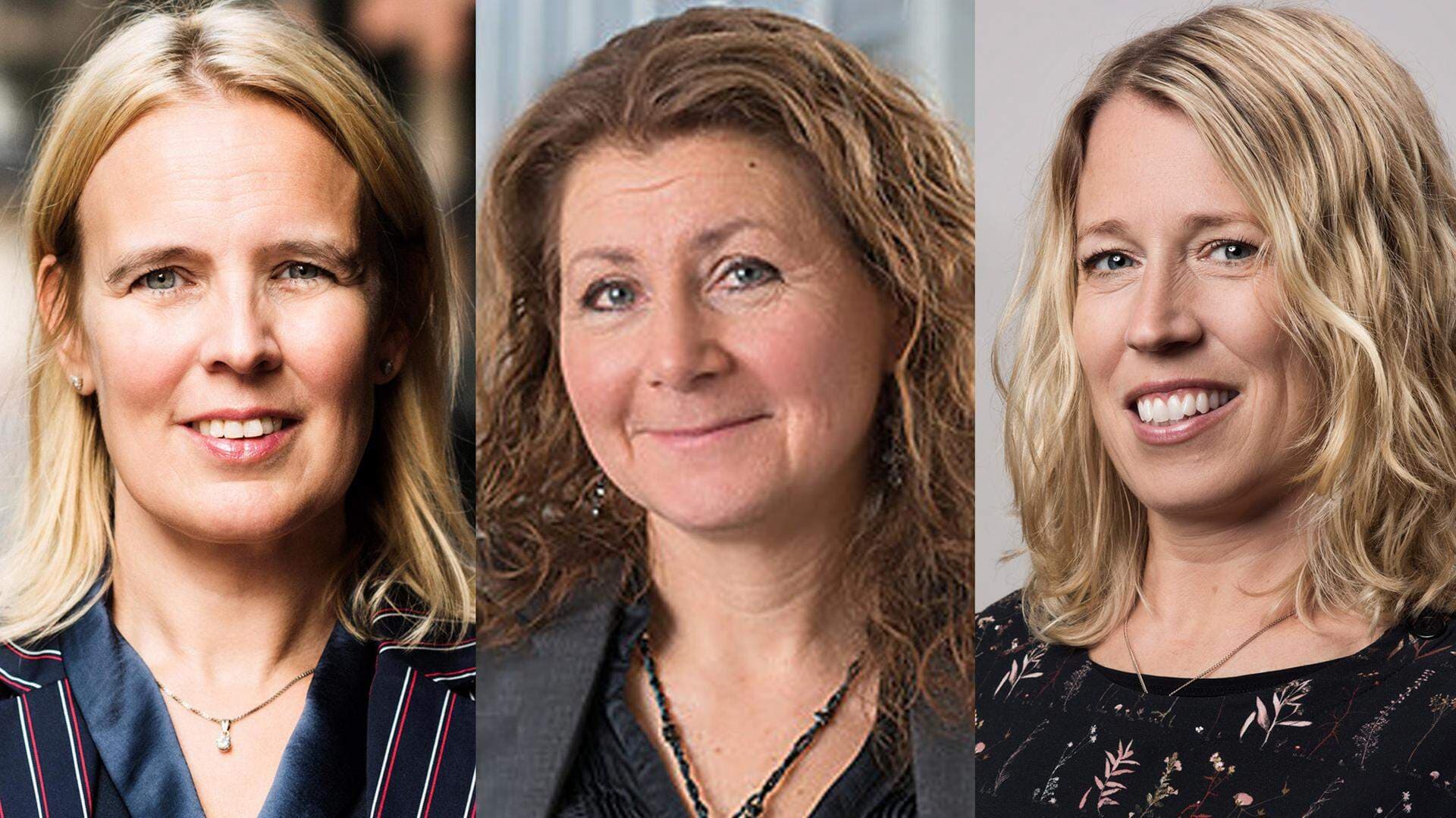Greater clarity on circular economy is needed
The business community invests heavily in circular economy. To facilitate the transition, several industries want to see more research, a broader holistic perspective, a focus on risk and greater clarity around common concepts used in the discussion on circular economy and the chemical strategy.

At a seminar, jointly organised by the Confederation of Swedish Enterprise and the Swedish Environmental Protection Agency, the EU’s circular economy and the interface with the EU’s upcoming chemicals strategy were discussed. Several representatives from the business community took part and made a number of calls for to the European Commission.
Jenny Svärd, Head of Environmental Policy at the Confederation of Swedish Enterprise, summarises these calls.
– A holistic approach is needed; the whole value chain needs to be considered in order to increase the facilitation of a circular economy. The overall environmental benefit, the usefulness and the lifetime of products all need to be taken into account. The risk of exposure to human health and the environment must be a guiding factor when specifying the substances to be used in materials and products. A risk focus could increase recycling and the use of recycled materials without increasing the risks, she says.
Several of the business representatives asked for greater clarity on some of the common concepts.
– Three is a need for greater clarity on the concepts used in different contexts. At the moment, it is not always clear what these concepts mean, which causes uncertainty and hinders circular material flows. For example, there is a need for discussion and clarity on how the concept of ‘non-toxic’ should be handled in practical applications. Uncertainty over this concept leads to industry and public stakeholders not demanding certain types of recycled materials to the extent that it would be possible to meet, says Jenny Svärd.
Eva Österberg, Director Product Safety & Regulatory Affairs Nouryon AB, represented the chemical industry at the seminar.
– We already have a well-functioning chemicals legislation; we hope that the chemicals strategy will not mean a completely new framework. We would prefer to build on what we already have, says Eva Österberg.
She hopes that the focus on regulatory requirements will not be too great.
– A unilateral focus on stricter regulatory requirements will not be enough for Sweden to achieve the goals of the European Green Deal. We would like to see a much greater focus on research and innovation. With suitable research environments, Sweden could become a leader in developing and encouraging circular cooperation.
The textile industry is also asking for investment in research.
– The industry will be collecting textile waste from 2025. We need investment to recycle and recover this waste. We have determined that a key part of the puzzle will be to be able to collect significant volumes and have large-scale recycling technologies when it comes to such materials. We don’t know how recycling will look in five to ten years; a lot of research initiatives will be required around this topic, says Cecilia Tall, Secretary General of TEKO.
Tall is worried that there will be a considerable amount of new legislation emerging within a short time frame.
– There is a great deal happening on this issue. If there is too much new legislation, it will be difficult for smaller companies to keep abreast of all the developments that is going on.
The construction industry highlights the gap between the current legislation and market requirements.
– There are many voluntary initiatives in my sector that have advanced this issue. Yet the fact that market requirements go beyond legislation means that there are now a range of requirements. This makes it difficult for manufacturers to keep up and develop good materials. It would help if there were greater consensus on, for example, which substances to phase out, says Sussi Wetterlin, CEO of BASTA.
– People mainly buy new materials instead of reusing them when their knowledge of the content of the material is low. It is important that we look at the entire life cycle and the total impact that a product has. It is also important to have traceability in materials, so that we can follow materials back to source and take the appropriate measures, says Wetterlin.
The plastics industry, like many others, is asking for a more holistic perspective.
– Often, chemicals in plastics are tightly bound and cause minimal exposure during use. Thus, recycling can mean less exposure and risk than incinerating the waste plastic, which can release the chemicals. We believe that policy should take a holistic and risk-based approach here, says Lena Lundberg, Head of Plastic Products Issues at IKEM.